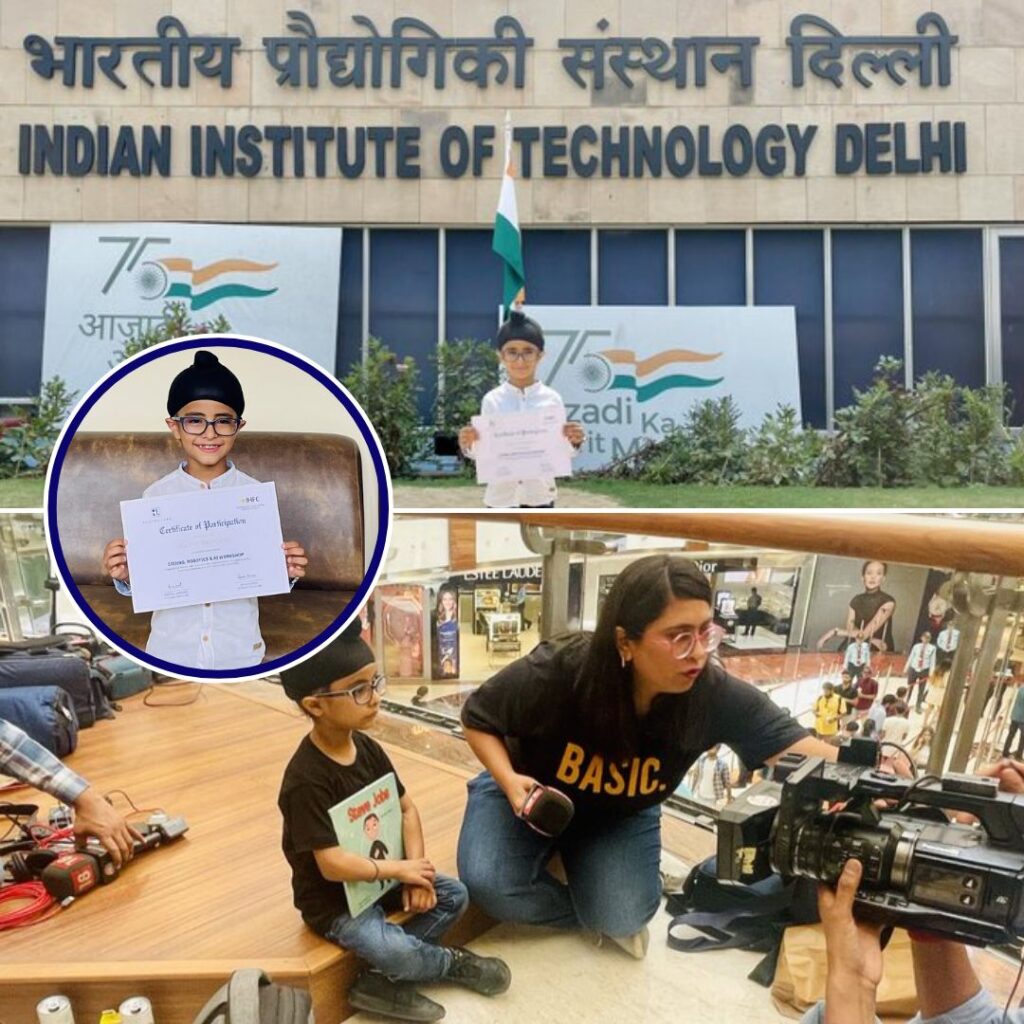Recently, the Bombay High Court ruled in favour of a Mumbai woman who received an income tax notice after her husband purchased a ₹6.75 crore house in her name. The court quashed the notice directed at the wife, emphasising that since the husband solely financed the purchase, the wife, cannot be held liable for tax evasion.
The Income Tax Department was criticised for issuing the notice without properly scrutinising the actual source of funds, underscoring that joint ownership alone does not indicate undisclosed income. This judgment shields innocent family members from unwarranted tax harassment and stresses the importance of fair treatment in tax administration.
Judicial Relief Reinforces Fairness in Tax Proceedings
The Bombay High Court’s verdict sends a strong message to tax authorities that joint ownership of property should not be automatically interpreted as shared financial responsibility or tax liability. The court examined concrete evidence, including bank statements revealing the husband as the sole financier, to conclude that the wife had no role in the acquisition’s finances.
This ruling acknowledges a common cultural practice in India: property is often registered in the names of spouses or family members for reasons such as convenience, security, or gift-giving, not necessarily because of shared financial input.
Officials from the Income Tax Department were urged to exercise greater caution and due diligence by analysing actual financial flows rather than relying solely on property ownership records.
The court further recommended that tangible proof such as gift deeds, bank transfers, receipts, and affidavits should guide tax investigations to prevent innocent parties, often homemakers or dependent family members, from needless legal entanglement. This judgment, therefore, reinforces principles of equity and reasonable suspicion-based enforcement in tax matters.
Case Origin and Wider Context
The case originated when the Income Tax Department issued notices under Section 133(6) of the Income Tax Act, seeking explanations for the purchase of the high-value Mumbai property in the wife’s name. Although the wife explained that she contributed no personal funds, the tax authorities treated her as jointly liable, triggering the issuance of a tax notice. She had filed her income tax returns and had proof to show her income was around Rs 4 lakh, and she is a housewife. She also claimed that her husband had bought the property from his bank funds. The wife challenged this action in court, leading to the Bombay High Court’s intervention.
This incident is not isolated but part of a broader trend where Indian courts are increasingly scrutinising tax department actions that rely on presumptions linked to joint ownership rather than hard evidentiary financial analysis. Such blind assumptions often result in family disputes and prolonged litigation, diverting attention and resources from genuine tax evasion cases. This ruling helps set a precedent that clarifies legal boundaries and fosters a more nuanced understanding of joint ownership in the context of income tax.
The Logical Indian’s Perspective
The Bombay High Court’s judgment reflects a much-needed balance between enforcing tax laws and respecting familial financial dynamics often governed by trust, convenience, and cultural norms. At its core, this case reaffirms the importance of empathy and fairness in the treatment of taxpayers, especially vulnerable groups like homemakers who may be listed as joint owners for practical purposes but are inactive financially.
The Logical Indian believes that taxation authorities must refine their procedures to prevent harassment of innocent family members and ensure enforcement actions are backed by concrete evidence rather than assumptions. Such measures would not only protect individuals’ rights but also foster greater public trust in the tax system.












